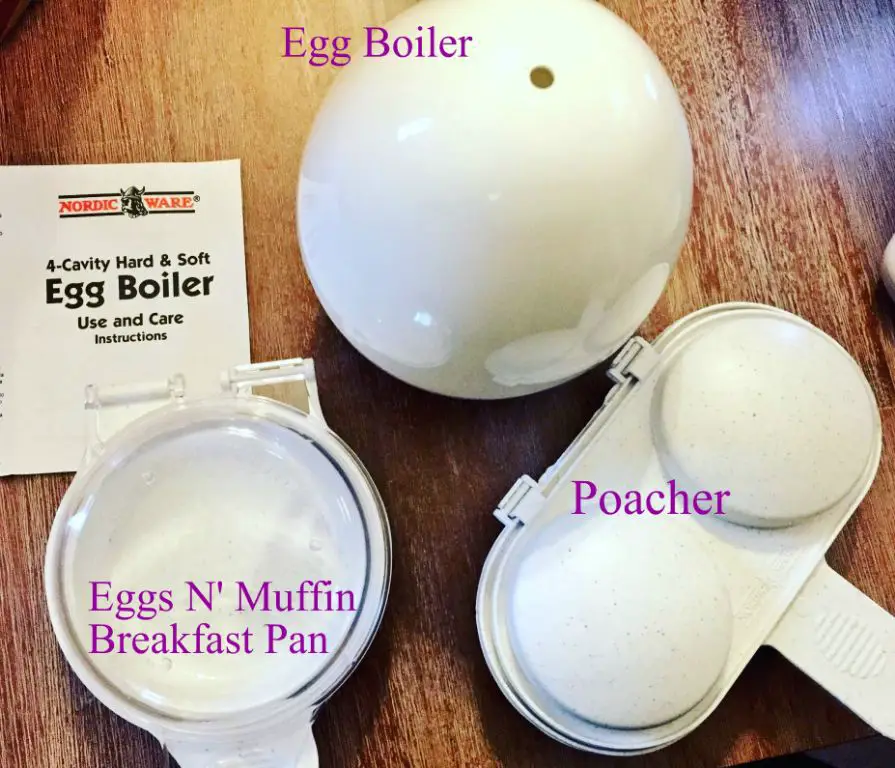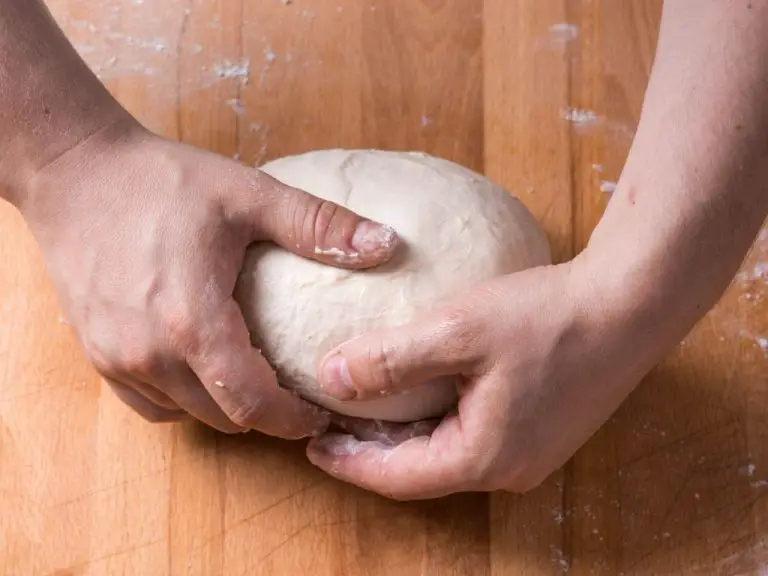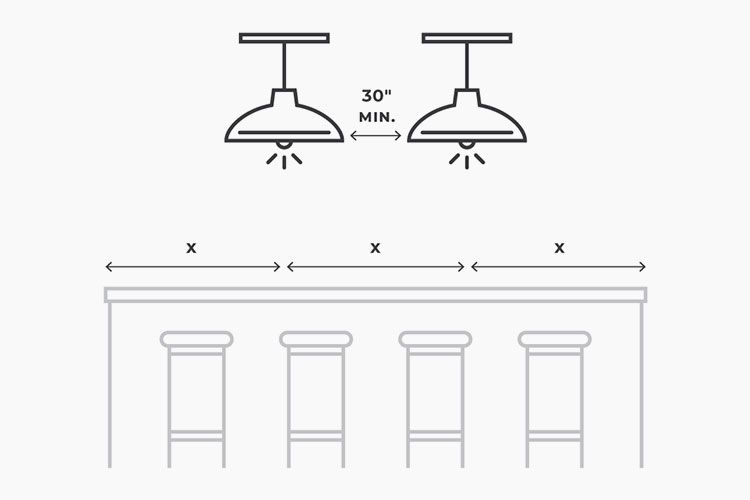Are Microwave Egg Cookers Any Good?
Microwave egg cookers have become an increasingly popular kitchen gadget in recent years. According to one industry report, sales of microwave egg cookers increased by over 40% in 2020 alone. With their promise of quick and easy poached, scrambled, and boiled eggs within minutes, it’s no wonder these appliances are gaining popularity among on-the-go households and egg lovers.
What Are Microwave Egg Cookers?
Microwave egg cookers are devices designed specifically to cook eggs in a microwave oven. They allow you to quickly cook eggs to your desired doneness – soft, medium, or hard boiled – in just 1-2 minutes.
The earliest microwave egg cooker was patented in the 1980s by Ronald Pillsbury (US4908487A – Egg poacher for microwave oven). His design used a cup filled with water to steam the eggs. Since then, many companies have created their own versions featuring different materials and cooking methods.
Modern microwave egg cookers are typically made of plastic or ceramic and have molded eggs cups to hold the egg while cooking. Some use steam while others cook the egg directly. They often have lids with varying hole sizes to adjust cooking times for different doneness levels.
Benefits
Microwave egg cookers provide a convenient way to quickly cook eggs with minimal cleanup. Some key benefits include:
Convenience – Microwave egg cookers eliminate the need to boil a pot of water on the stove. Simply crack the eggs into the cooker, put it in the microwave, and your eggs are ready in minutes.1 No stove or stovetop is required.
Speed – Microwave egg cookers can cook eggs much faster than traditional stovetop methods. Most cookers take just a few minutes to perfectly cook eggs.2 This makes it easy to quickly prepare eggs when you’re short on time.
Minimal Cleanup – With microwave egg cookers, there are no pots or pans to scrub. The cooker contains any mess and can be wiped clean or placed in the dishwasher. This reduces time spent cleaning up.3
Drawbacks

While microwave egg cookers provide speed and simplicity, they do have some limitations compared to other cooking methods. One drawback is that microwave egg cookers are restricted in the egg styles they can produce. Methods like frying, poaching, or boiling allow more versatility in cooking soft, medium, or hard-boiled eggs. However, microwave cookers are designed mainly for hard boiling eggs 1.
Another drawback is size restrictions. Most microwave egg cookers max out at cooking 4-6 eggs at a time. Other methods like boiling or using electric egg cookers have larger capacities for cooking more eggs at once 2. For larger households, this could be an inconvenience.
Overall, while microwave cookers provide speed and ease, their limitations on egg styles and small capacity may be drawbacks for some users. Those wanting more versatility in egg cooking may prefer other methods.
Ease of Use
Microwave egg cookers are designed for simplicity and convenience. Most models have just a few key features and controls:
- Container – This is usually made of plastic or silicone and has molded spots to hold the eggs in place while cooking.
- Lid – The lid helps retain heat and moisture for poaching the eggs. It often has a vent or steam release.
- Built-in stand – Many cookers have a stand that elevates them in the microwave for optimal air circulation.
- Measuring cup – Some models include a cup with piercing tool for easily piercing the egg yolks before cooking.
- Cooking instructions – The basic operation is to fill with water, pierce yolks, add eggs, and microwave on high for a set time based on quantity. But always refer to included instructions.
Microwave egg cookers don’t have complex controls or settings – just load, microwave, and enjoy! The streamlined process makes whipping up perfect eggs easy.
According to this video, the simplicity of microwave egg cookers allows anyone to prepare eggs with no fuss. Just pierce, load, microwave, and your eggs come out consistently cooked just right.
Egg Cooking Tips
When using a microwave egg cooker, there are some tips and tricks that can help you achieve the best results. According to the Egg Info website, here are some recommendations for cooking eggs in the microwave:
For scrambled eggs, always stir the eggs before cooking to prevent uneven cooking. Cook in 30 second bursts, stirring in between, until the eggs are set but still moist. Adding a little milk can also help make fluffier scrambled eggs.
For microwave omelettes, lightly beat the eggs before pouring into the omelette maker. Cook for short bursts, 10-20 seconds at a time, until the egg is nearly set then add any fillings and cook again until done. Using a microwave egg poacher can help contain the eggs.
Poaching eggs in the microwave takes some finesse. Crack the egg into a mug or ramekin, pierce the yolk with a toothpick, and cover with water. Cook in short 10-15 second bursts until the white is set but the yolk is still runny. The Egg Info experts recommend microwavable silicone poachers for easier poaching.
Fried eggs are tricky in the microwave. Heat the oil in the microwave first, then slide the egg in being careful not to break the yolk. Cover with a vented lid and cook in short bursts until the white is set.
No matter what style of egg, the Egg Info cooking tips suggest using lower power (50-80%) and cooking in short intervals for the best control and results. Patience is key for eggs cooked in the microwave.
(Source: https://www.egginfo.co.uk/ways-to-cook/microwave/cooking-tips/microwave-cooking-tips)
Top Rated Models
There are several top rated microwave egg cookers to consider based on reviews and ratings.
The Golden Pearl Microwave Egg Cooker is a top choice that can cook up to 4 eggs at once. It has over 1,000 reviews on Amazon with a 4.5 star rating. Users praise how easy it is to use and how it cooks eggs perfectly every time.
The Nordic Ware Microwave Egg Boiler is another highly rated option made from BPA-free plastic. It can boil up to 14 eggs at once and has a locking lid to prevent spills. The compact size makes storage simple.
For fast scrambled eggs, the WowBacon Microwave Egg Scrambler is a convenient choice. Just crack eggs into the dish, mix in ingredients, and microwave for fluffy scrambled eggs in minutes. It can make up to 4 servings at once.
If you want an all-in-one cooker, the Big Boss Microwave EggCooker has attachments for poaching, omelets, scrambled eggs, and more. The non-stick surface makes cooking and cleaning easy.
For maximum capacity, the Mastrad Microwave Egg Poacher can poach up to 7 eggs at once. The BPA-free plastic construct allows for even cooking and easy cleaning.
Comparisons to Other Methods
Microwave egg cookers offer some key advantages over other popular egg cooking methods like stove-top and Instant Pot. According to Electric vs Microwave Egg Cookers – Which One Reigns …, microwave egg cookers are often quicker and easier to use than stovetop, requiring just water and a few minutes to deliver perfect eggs every time. Stovetop can be finicky, requiring careful monitoring of stove temperature and water boiling to get the right consistency. Microwave egg cookers eliminate a lot of that guesswork.
Compared to Instant Pot, microwave egg cookers offer more control over egg doneness and consistency, with options to make soft, medium, or hard boiled eggs. Instant Pot requires finding the right cooking time for your preferred doneness, while microwave egg cookers like the Nordic Ware Egg Boiler have predefined settings built-in. Microwave egg cookers also involve fewer parts to clean up after use compared to stovetop or Instant Pot.
The tradeoff is that microwave egg cookers are limited in capacity – most make only 4-6 eggs at a time. For larger batch cooking, stovetop or Instant Pot can handle more eggs at once. Microwave egg cookers shine for convenience and easy small-batch egg boiling.
Cost Considerations
Microwave egg cookers vary in price based on features, capacity, and materials. Here’s what to expect in terms of costs:
- Basic microwave egg cookers made of plastic with minimal features average $10 to $15.
- Mid-range models with more cooking settings and capacity average $15 to $25.
- High-end microwave egg cookers with premium materials like silicone and stainless steel and more cooking features average $25 to $40.
The average price range for a quality microwave egg cooker is $15 to $30. Spending more gets you extra durability, capacity, and settings. Very inexpensive models may be prone to breaking. Look for a microwave egg cooker with good reviews in your target price range.
Conclusion
When considering all the pros and cons of microwave egg cookers, the final verdict is that they are worth buying for most people. Their convenience, ease of use, and ability to quickly cook eggs makes them an invaluable kitchen tool. While the price may be higher than some other egg cooking methods, the benefits often outweigh the extra cost. With the right microwave egg cooker that fits your needs, you can easily and reliably cook eggs to your desired doneness every time. Just be sure to follow the manufacturer’s instructions for your particular model. As long as you keep reasonable expectations, a microwave egg cooker can be an excellent addition to your kitchen that makes cooking eggs a breeze.





